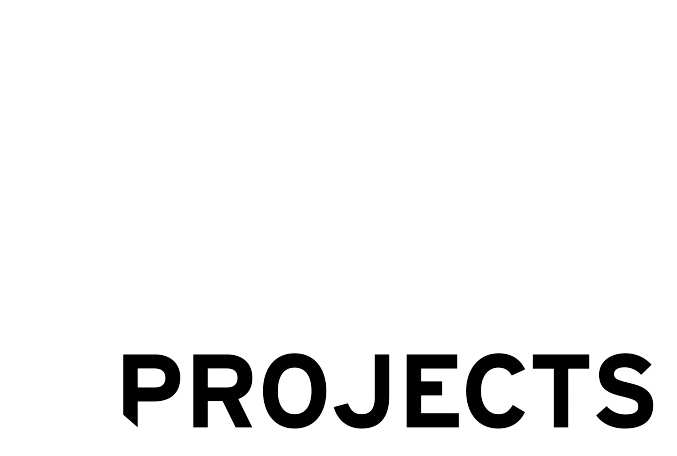Learning about the dangers of systemic racism often leads people to ask: What can I do personally to make a difference?
Layla Saad, an East African, Arab, British, Black, Muslim woman living in Qatar, came up with an impressive answer — a 28-day process that she calls a "personal anti-racism tool" designed to teach those with white privilege how systemic racism works and how they can stop contributing to white supremacy in the world.
Her book is called Me and White Supremacy: Combat Racism, Change the World, and Become a Good Ancestor. It began a few years ago as a 28-day Instagram challenge, evolved into a free PDF digital workbook and has now become a New York Times bestseller.
Saad's process involves defining terms like "white centering" (the belief that white culture, values and norms are the normal center of the world) and "ally cookies" (the special praise sought by some white people for not being racist). She encourages readers to keep a journal and write answers for tough questions like "What negative experiences has your white privilege protected you from throughout your life?"
This is "the work," as Saad describes it: a tough journey that pushes readers to examine the often-hidden mechanisms of white supremacy and systemic racism in our lives. As an African American journalist who has written more than a few times about the subject myself, I had 1,000 questions for Saad, starting with a simple concept:
The word that struck me as I was reading through your book was "discipline." You're asking for discipline from people — to take on a demanding process with no easy answers.

